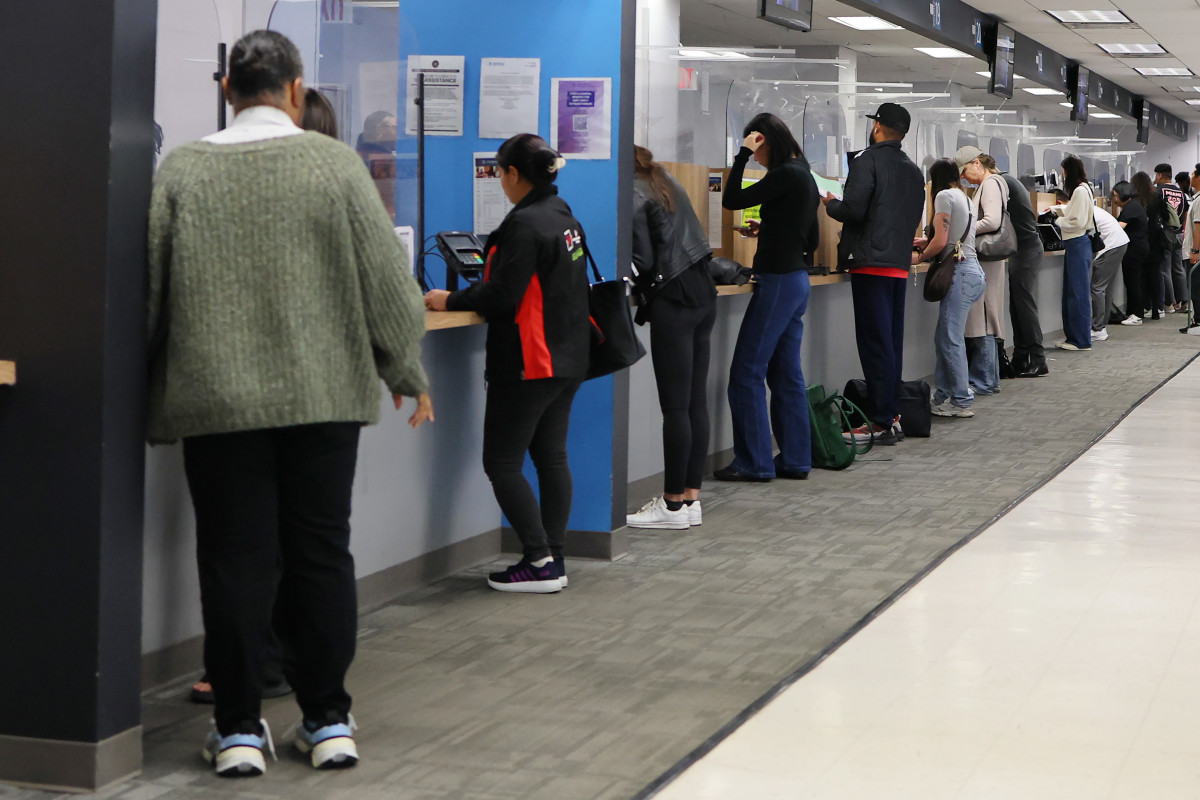“Do Not Sell My Data”
Over the year, concerns over data privacy have been rising. We’ve now reached a point wherein our cars would track our habits, note them, and essentially serve as data points for whoever wants or needs them — usually insurance companies.
Vehicle connectivity has been a double-edged sword. While it’s given us a heap of convenience features, it also opens up more ways for companies to know more about us, whether we like it or not. There have been ways to fight it, but there have been other ways to collect it.

Meanwhile, in the DMV
Inasmuch as we try to keep our data private, it’s still out there for people to find and collect. Recently, InvestigateTV reported that the Department of Motor Vehicles (DMV) has been selling data to private investigators and data brokers. Here’s the kicker: there’s nothing we can do about it.
The DMV collects information when you register your car or renew your license. While there are physical copies of said information, the digital versions are available for purchase for those who need them.
Federal Law
We should be outraged by all this, right? The thing is, federal law allows DMVs to sell data in the first place. It’s covered by the Driver’s Privacy Protection Act (DPPA), which was passed in 1994. It prevents data from being openly public, but there are 14 exceptions dubbed “permissible uses.”
Per H.R.3365, exemptions include “any Federal or State court or agency in carrying out its functions; (2) in connection with matters of automobile and driver safety; (3) in the normal course of business by a legitimate business, in research activities, and in marketing activities (subject to specified limitations); (4) in any civil or criminal proceeding in any Federal or State court; and (5) by any insurer in connection with claims investigation or antifraud activities. Permits reselling the personal information for a permissible use under specified circumstances.”
A Multi-Million Dollar Market
With data a hot commodity now more than ever, the DMV has been raking in a lot of cash by selling information from its database. According to InvestigateTV, 23 states collected a total of $283 million. The publication also reports that information can be purchased for as little as $5.
Understandably, there are reactions surrounding this matter. On one hand, there is always the potential for information to be used maliciously. Conversely, it can be used to aid investigations and/or exonerate individuals. It’s safe to say that it’s a grey area, but transparency will be the key to quell any fears.
Some of you might be asking: Where does the money go? Some DMV offices said that it’s for maintenance. Virginia DMV has since responded to the matter by stating “[DMV] does not provide or sell consumer information for soliciting or making purposes.
State and federal law controls the release of DMV data, and we take protecting it very seriously. Virginia has some of the strictest laws in the nation concerning the release of customer information. Driver, vehicle, and personal information is considered privileged and may not be released without the requester meeting certain circumstances identified in the Code of Virginia.” A Colorado DMV spokesperson added, “Distribution of bulk data is an essential component of public safety and consumer protection in our state.”




